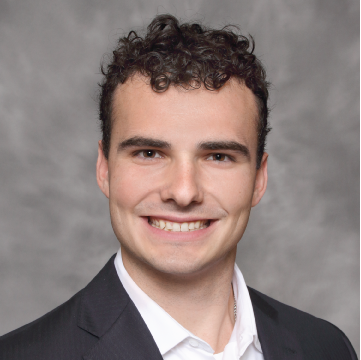St. Ambrose University is accredited by the Higher Learning Commission
Accreditation and recognition provide the assurance we meet standards for quality faculty, curriculum, learner services and fiscal stability.


Our Psychology programs are designed to align with your career goals. With extensive experiential learning opportunities, you’ll gain the practical experience needed to launch your career.
The Psychology program offers courses in cognitive and developmental psychology and clinical applications. Gain the critical thinking skills, research experience and hands-on training needed to pursue careers in counseling, research or human services.
Build your future with an SAU Psychology degree. Engage in research, foster critical thinking and tailor your degree to align with your career goals.
Every student is awarded a scholarship based on their GPA. St. Ambrose University recognizes and rewards students for their academic performance.
Accreditation and recognition provide the assurance we meet standards for quality faculty, curriculum, learner services and fiscal stability.
Earning a Psychology degree from SAU provides you with limitless opportunities. Tailored programs, experiential learning and a supportive community empower you to envision the career you want and obtain it.

Our program has agreements with more than 20 organizations in our community to provide professional experiences and mentorship.

Freshmen can join our psychology learning community that focuses on the exploration of possible career paths.

Our faculty lead Summer Undergraduate Research Institute and Scholars Conference, offering students skill-building opportunities

Our faculty and students create a supportive and collaborative learning environment, fostering creativity, innovation and a sense of community.

“The professors and academic support at St. Ambrose is unparalleled. The professors take pride in your personal academic progress and help you maintain accountability for your education.”
Keegan Norris '21, BS in Behavioral Neuropsychology
 >
>
Liturgies help unite the St. Ambrose University community, remind us of our call to be Christ to one another, and to serve in this world.
Read more

They say ‘home is where the heart is’, and for SAU graduate Natalie Cremer this couldn’t be more true.
Read more

Discover how Autum Yarger leveraged dual master's degrees in Social Work and Public Health from SAU to empower families in healthcare settings.
Read more


With more than 65 undergraduate and graduate programs, there’s something for everyone at St. Ambrose University. Explore our programs to find your place at SAU.